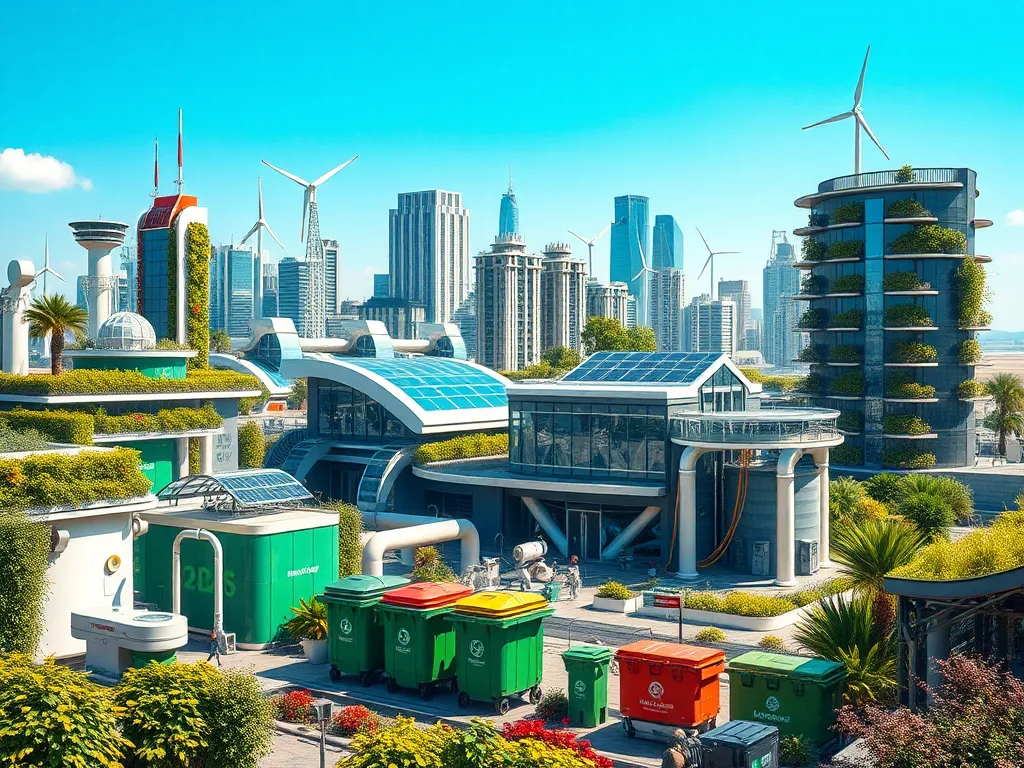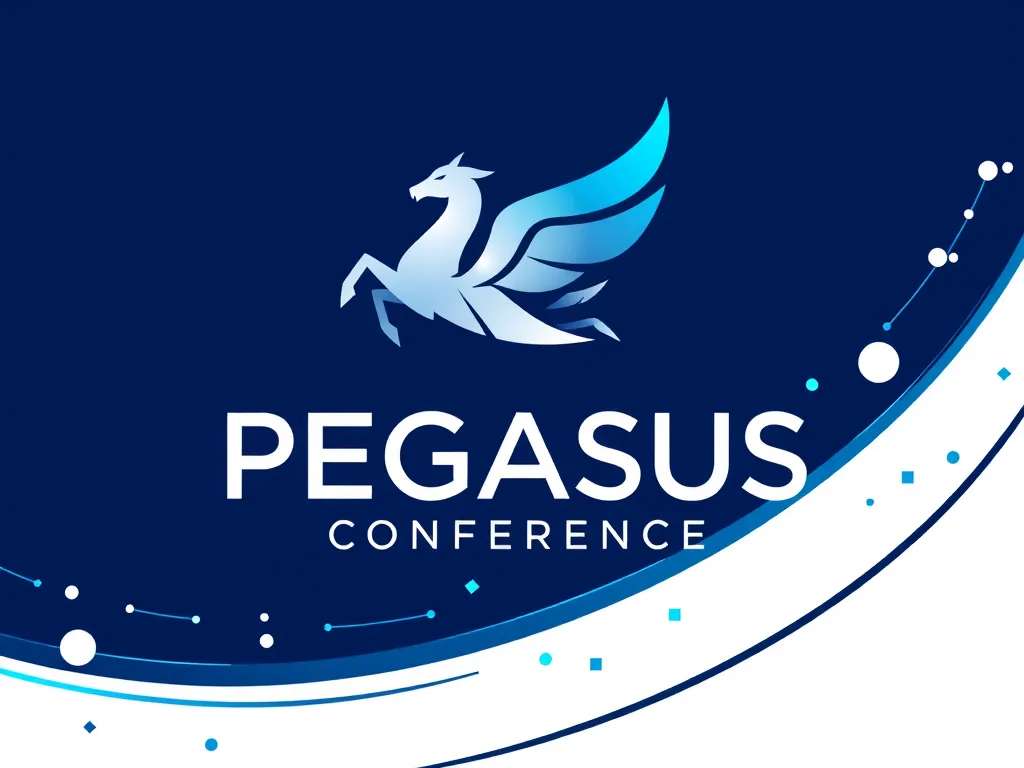Innovative Strategies for Future Waste Management Solutions

Future Waste Management: Innovations and Sustainable Practices
The future of waste management is increasingly becoming a priority for cities and countries worldwide as the volume of waste continues to grow. With urbanization and industrialization, traditional methods of waste disposal are becoming inadequate, necessitating innovative approaches to manage waste effectively. The concept of future waste management involves integrating technology, sustainability, and community involvement to create a circular economy where waste is minimized, materials are reused, and natural resources are preserved.
Technological advancements are at the forefront of transforming future waste management. Innovations such as advanced recycling technologies enable more efficient separation and processing of materials, reducing the amount of waste sent to landfills. Furthermore, artificial intelligence (AI) and robotics are playing a crucial role in automating waste sorting processes, increasing accuracy and efficiency in recycling facilities. These technologies not only improve operational efficiency but also contribute to better resource recovery.
Nanotechnology is emerging as a critical tool in the future of waste management, focusing on waste minimization through innovative applications. This technology enables the development of materials that are lighter, stronger, and more durable, leading to less waste generation overall. In addition, smart waste collection systems powered by the Internet of Things (IoT) are being developed to optimize waste collection routes and schedules, reducing emissions and operational costs while improving service delivery.
Sustainable practices are also essential for future waste management. Zero waste initiatives aim to redesign resource life cycles so that all materials are reused, creating a closed-loop system. The circular economy principles further support this by promoting the use of sustainable materials, designing for disassembly, and ensuring that products are recyclable from the outset. Composting and organic waste solutions are gaining traction as effective methods to manage biodegradable waste, significantly reducing the burden on landfills.
Additionally, public education and awareness campaigns play a vital role in reducing waste generation. These initiatives encourage individuals and businesses to adopt sustainable practices, reinforcing the collective responsibility towards waste management. Collaboration between governments, businesses, and communities is necessary to create a more sustainable future for waste management.
Technology in Waste Management
Emerging recycling technologies are key to improving waste management efficiency. Innovations such as chemical recycling and advanced sorting systems help reclaim materials that traditional methods might overlook. By breaking down plastics into their original monomers, chemical recycling allows these materials to be reused in high-quality products, minimizing reliance on virgin resources and reducing landfill waste.
AI and robotics are revolutionizing waste sorting. Automated systems equipped with machine learning algorithms can identify different types of materials, optimizing the sorting process and increasing recycling rates. Robotic arms equipped with sensors and cameras can swiftly sort recyclables, reducing contamination and improving overall efficiency.
Nanotechnology also contributes to waste minimization by creating materials that reduce waste generation during production. These materials can be engineered to be more efficient in their usage of resources, further decreasing the waste footprint of manufacturing processes. Additionally, nanomaterials can be used in waste treatment processes, enhancing the destruction of hazardous substances and promoting a cleaner environment.
The latest strategies for sustainable practices in waste management can be explored in the comprehensive report available at https://www.unep.org/resources/global-waste-management-outlook-2024.
Smart waste collection systems leverage IoT technology to monitor waste levels in containers, optimizing collection routes and schedules. This data-driven approach reduces fuel consumption, lowers operational costs, and enhances service delivery for municipal waste management services, contributing to a more efficient waste management system.
Sustainable Practices
Zero waste initiatives promote the idea of designing systems to eliminate waste. By encouraging practices such as repair, reuse, and recycling, these initiatives aim to divert waste from landfills and incinerators. Communities adopting zero waste strategies often see reductions in waste generation and an increase in resource recovery.
Circular economy principles advocate for a shift from the traditional linear model of 'take-make-dispose' to a sustainable model where products are designed for longevity, reuse, and recycling. This approach helps to keep materials in circulation, minimize waste, and reduce the extraction of finite resources, ultimately contributing to a healthier planet.
Composting and organic waste solutions provide effective methods for managing biodegradable materials. By transforming food scraps and yard waste into nutrient-rich compost, communities can significantly reduce landfill waste. Composting not only diverts organic waste from landfills but also enriches soil health and promotes sustainable agriculture.
Education and awareness campaigns are crucial in fostering a culture of sustainability. By informing the public about the importance of waste reduction and responsible disposal practices, these campaigns empower individuals and businesses to make informed choices, leading to a collective effort in minimizing waste generation.
Policy and Regulation
The role of government in waste management is integral to implementing effective policies and regulations. Governments can provide financial support for waste management technologies, enforce recycling mandates, and set ambitious waste reduction targets, creating a framework for a sustainable waste management system.
Legislation plays a significant role in encouraging waste reduction. Policies that impose fees on waste generation, mandate recycling, and establish targets for waste diversion can drive behavioral change among consumers and businesses alike. Effective legislation can significantly reduce waste and promote sustainable practices across various sectors.
Incentives for sustainable waste practices can motivate individuals and businesses to adopt environmentally friendly behaviors. Financial incentives such as tax breaks, grants for implementing recycling initiatives, and subsidies for purchasing sustainable materials encourage stakeholders to prioritize waste reduction and recycling efforts.
Global waste management policies are fostering international collaboration in addressing the waste crisis. Initiatives such as the Basel Convention aim to regulate the transboundary movement of hazardous waste, while global agreements encourage nations to adopt sustainable waste management practices, ensuring a collective approach to a growing global challenge.
Community Involvement
Local communities play a crucial role in future waste management. Engaging residents in waste reduction initiatives, recycling programs, and clean-up drives fosters a sense of ownership and responsibility towards the environment. Community involvement is essential for implementing effective waste management strategies that cater to local needs and circumstances.
Volunteer programs for waste cleanup enable communities to actively participate in maintaining their surroundings. These initiatives can include beach clean-ups, recycling drives, and educational workshops that promote environmental stewardship and instill a sense of pride in the community's natural resources.
Public engagement in recycling programs is essential for their success. Informative campaigns that clarify what can and cannot be recycled, along with accessible recycling facilities, empower individuals to compost and recycle effectively, reducing contamination and increasing overall recycling rates.
Partnerships between businesses and communities create synergies in waste management efforts. Collaborative programs that involve local businesses in sustainability initiatives promote responsible waste management practices, increase resource recovery, and improve community engagement.
Future Trends in Waste Management
The growth of waste-to-energy technologies represents a significant trend in future waste management strategies. These technologies convert waste materials into energy through processes such as incineration, gasification, and anaerobic digestion, providing a sustainable alternative to landfilling while generating valuable energy resources.
Trends in biodegradable materials are also paving the way for a more sustainable waste future. The development of biodegradable plastics and other green materials can significantly reduce the environmental impact of packaging and single-use products, aligning with societal shifts towards sustainability.
Consumer behavior will continue to impact waste management practices significantly. As public awareness about sustainability grows, consumers are increasingly prioritizing eco-friendly products and responsible waste disposal methods, influencing businesses to adopt more sustainable practices in their supply chains.
Innovative landfill designs and management practices are emerging to minimize environmental impact. Techniques such as bioreactor landfills, which enhance waste decomposition and recovery of landfill gas, represent a forward-thinking approach to managing waste and reducing the ecological footprint of traditional landfilling.
